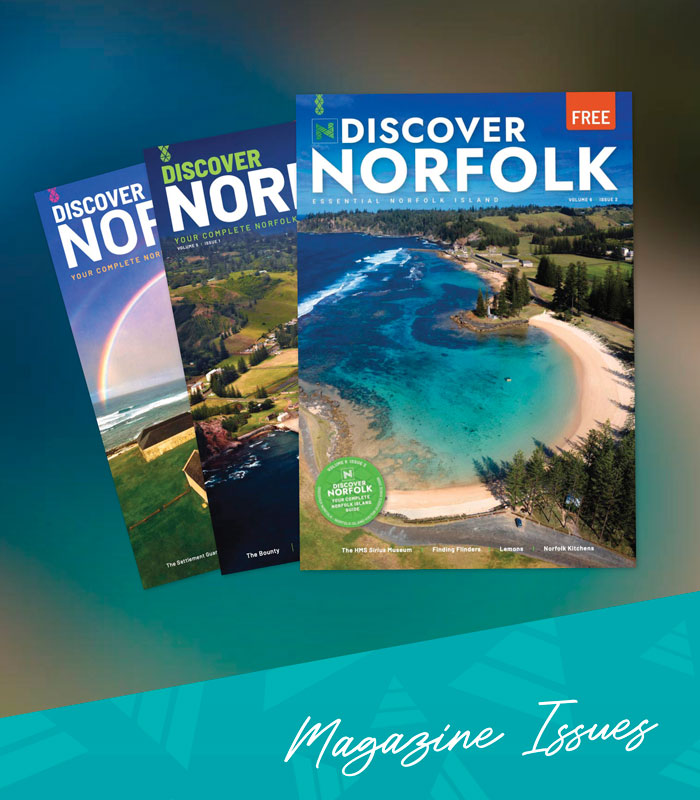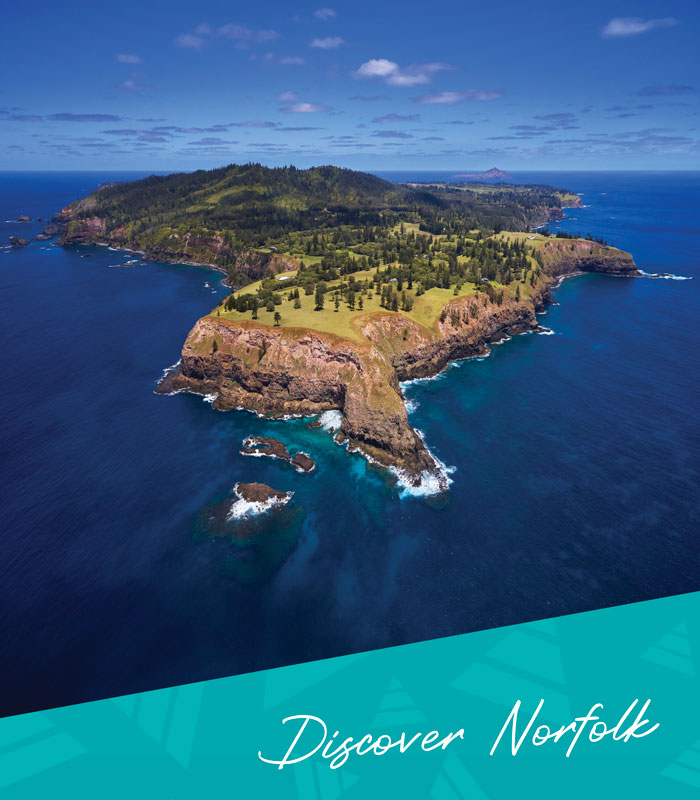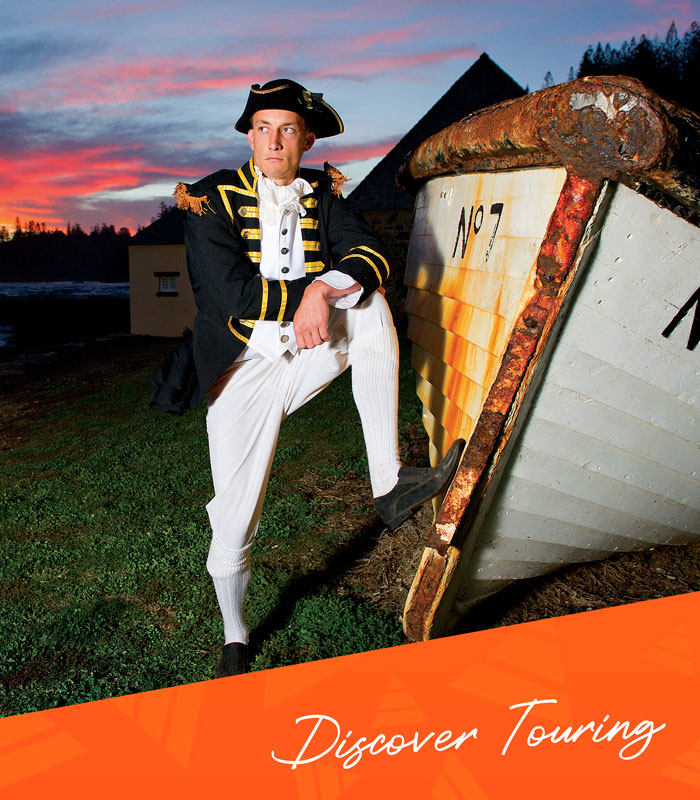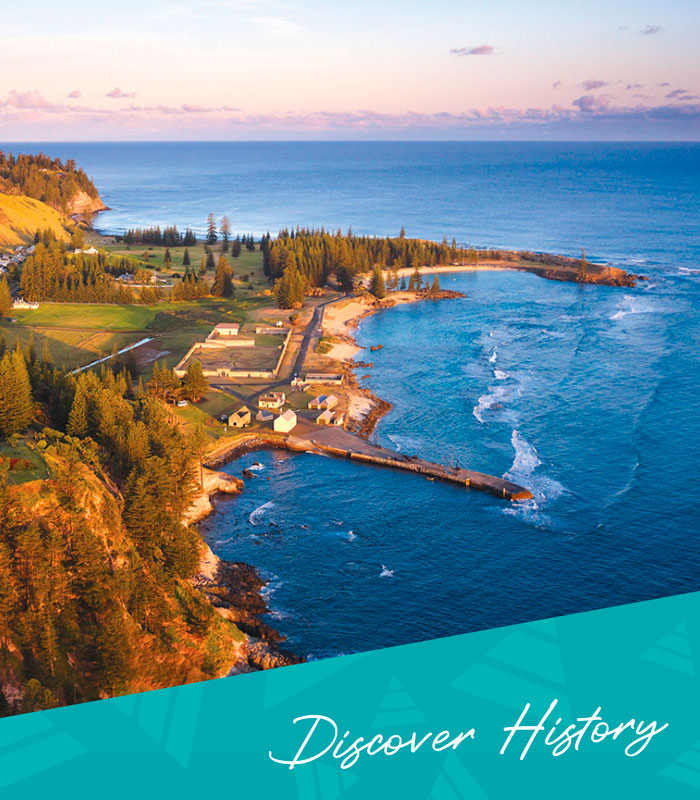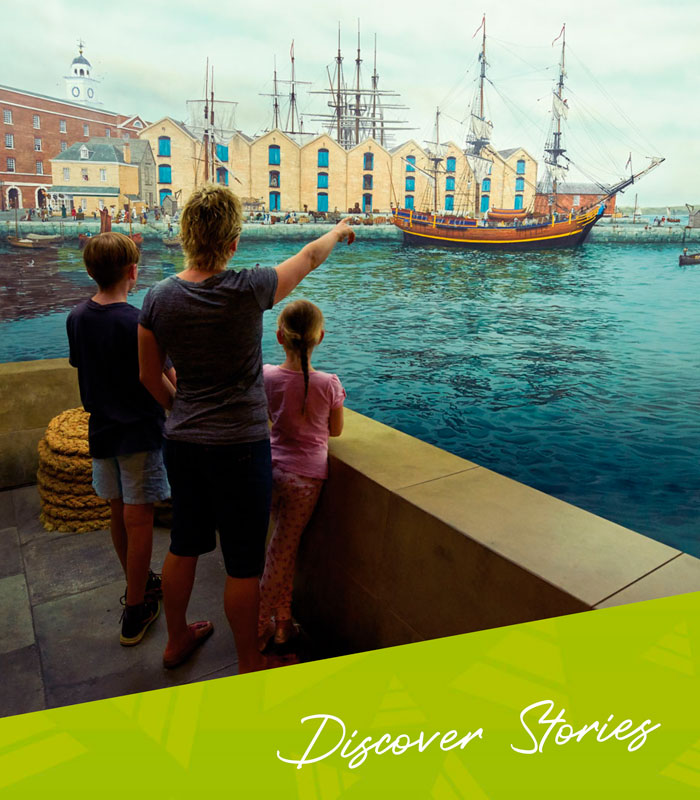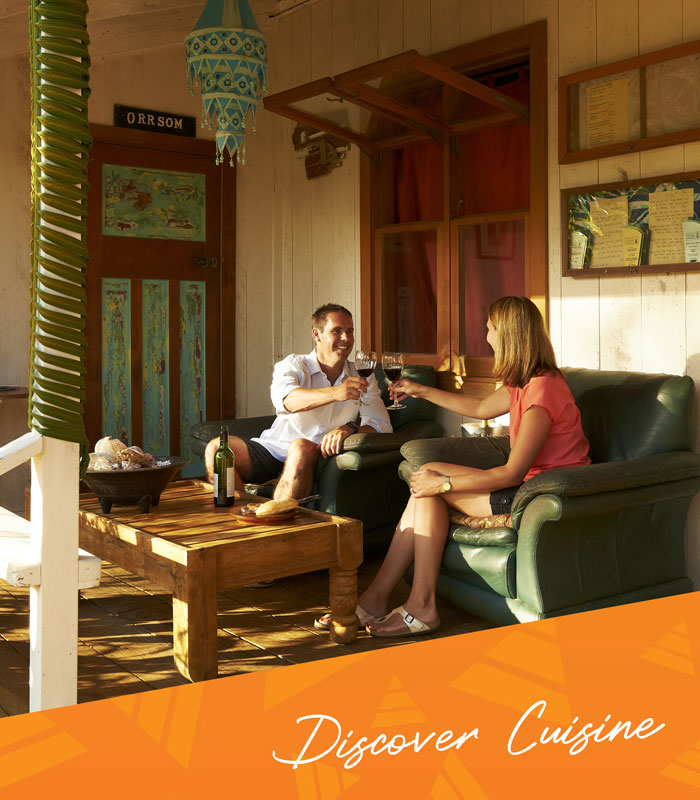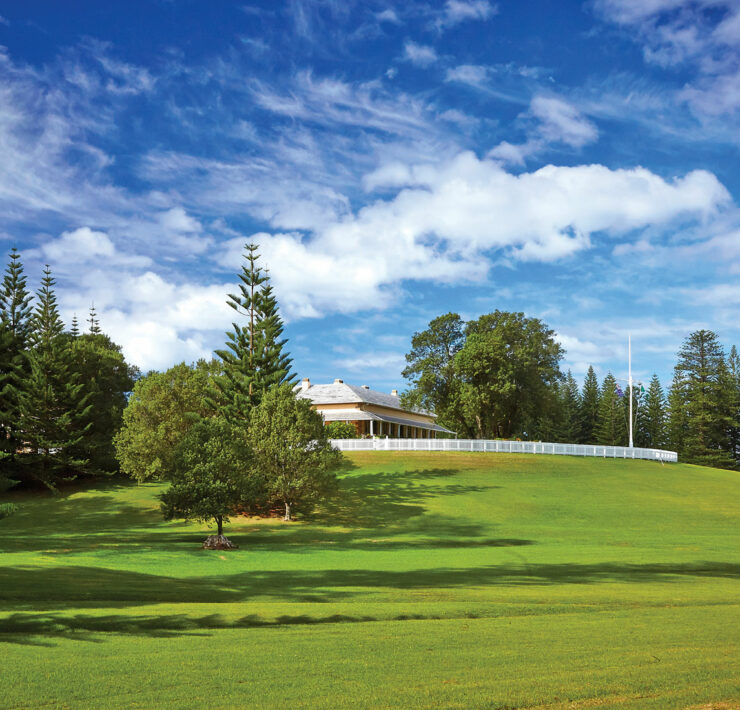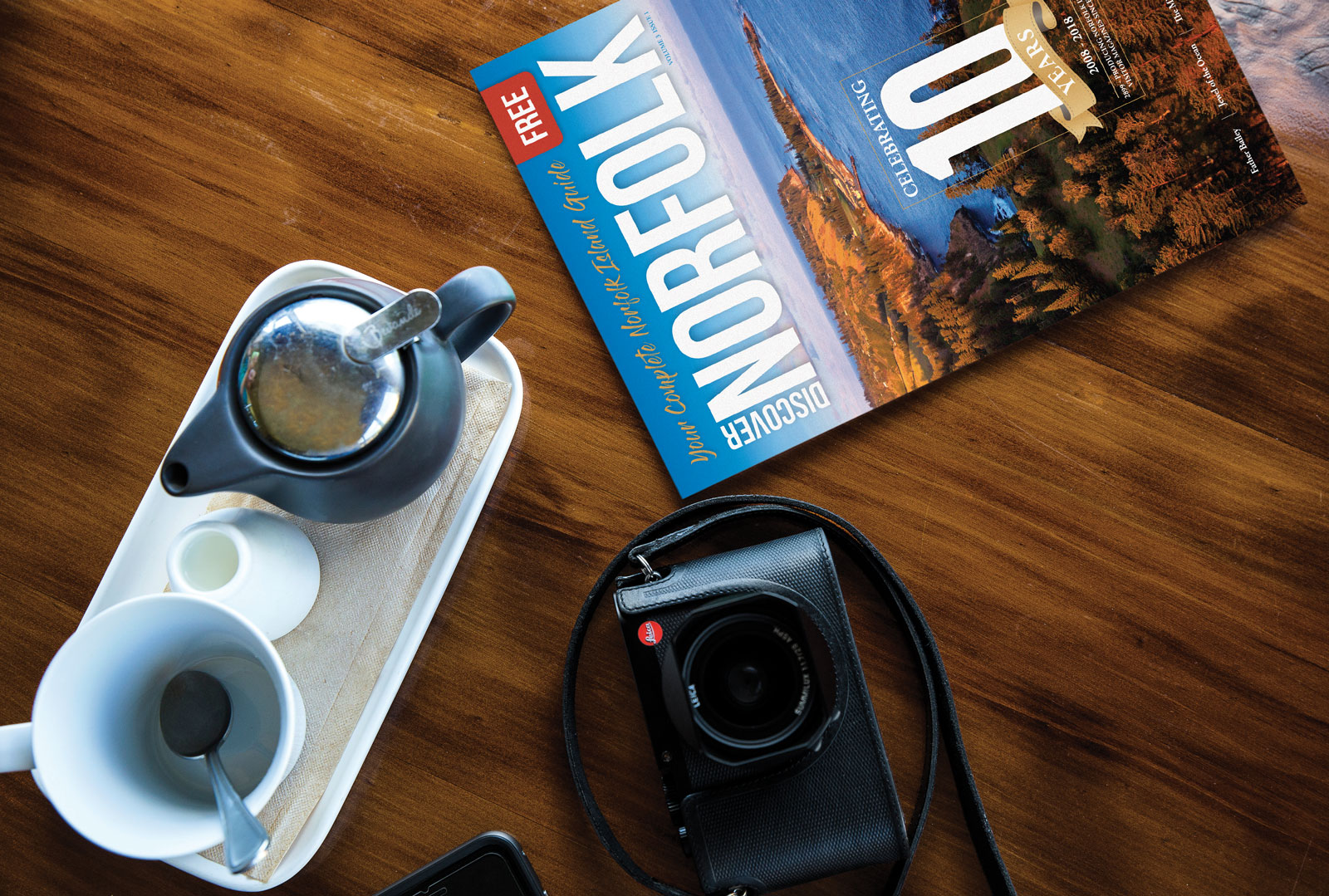Home » All Articles » Rescuing Endangered Species: Good WildMob news
Rescuing Endangered Species: Good WildMob news

In a world where good-news conservation stories have become increasingly uncommon a collaboration between Wildmob and the community on remote Norfolk Island is quietly bucking the trend. The good news is that over the past three years Norfolk’s 58 threatened or endangered species have begun to have their habitat restored due to Wildmob volunteers travelling to the Island to combine a holiday with rolling up their sleeves and getting down to work. This work has contributed to the endemic green parrot moving from being on the verge of extinction to becoming a conservation success story.
A not-for-profit, non-political organisation Wildmob “takes volunteers on adventures in Australia’s most beautiful places to save endangered species and restore their habitats.” Their Norfolk Island Conservation Project focuses on bush-land restoration to secure habitat for over 58 threatened or endangered species, and up to 18 species of seabirds that breed within the Norfolk Island group of Norfolk, Phillip and Nepean Islands. Hundreds of thousands of seabirds nest on the islands including shearwaters, red-tailed tropic birds, sooty terns, masked boobies, white terns and many others.
This is critical work as the Islands are an important biodiversity hotspot with a bewildering range of endemic plants, animals and ecosystems that occur nowhere else in the world, and indeed, are a global priority for nature conservation.
The Wildmob concept works well on Norfolk Island for a number of reasons. Firstly, with one of their core values being a commitment to working with local communities, understanding and respecting the local Island culture is essential. Volunteers find themselves not only working on private properties, Reserves and National Parks, but also alongside Norfolk Islanders where genuine cultural and personal exchanges occur. As each trip has no more than twelve volunteers, the opportunity to engage with the locals is one of the unique and most valued features of their week with one recent volunteer commenting, “this is certainly not a tourist trip”.
Wildmob know that their conservation efforts on Norfolk Island are only sustainable if they have the local community’s support. They know that commercial realities mean that it is important their work is not a financial burden on the community. In fact they contribute directly to the economy by purchasing locally, employing local Project Leaders Margaret Christian and Jodie Williams, and engaging the locally based and run Norfolk Island Travel Centre to undertake organisation and travel arrangements for visiting volunteers. All of this supports the outcome for each volunteer of a ‘traveller’ experience.
In addition to supporting the ecology of the island participants know they are also more globally helping the island. As expressed by a recent volunteer, “It’s a privilege to make a contribution while having a holiday.”
Not only are adult trips regularly held, but increasingly more school groups are visiting with Wildmob. On Norfolk Wildmob can provide environmental education opportunities that turn classroom theory into practice and contribute to real world conservation. Wildmob Director Derek Ball says, “We take the students to spectacular places that they could otherwise never get to. But most of all, we give them trips that will have ripple effects on their lives far beyond the one week away”.
A motivating hands-on week connecting with nature helps not only their knowledge retention, but also a desire to take on individual responsibility for the impact of their behaviour and life-style on the environment. Recent St. George High School students summed it up with, “It feels good to do things for all the problems we have, to help solve them”. Derek says, “On the mainland, resources can be seen to be infinite – just turn the tap on or go to the shop for what you need. Norfolk Island shows the world isn’t limitless – you need to be cautious about how you use water and resources”. Students learn not only that, but what it’s like not having instant connectivity: “I didn’t think I could survive without Wi-Fi for so long”commented Tom from Silkwood High.
And who would think that a holiday that includes weeding or planting trees could be seen as satisfying to a teenager? Olivia from Silkwood High says: “We planted 200 trees in two hours yesterday and it was a steep hill, but we were on fire as we worked and it was very rewarding to see the progress we made in just a few hours…, even if it’s not your thing you’ll get something back that is so much more rewarding than a mark on an assignment.”
With such an important and serious objective, it is however typical to meet happy and relaxed Wildmob volunteers unanimous in their enjoyment of their week on the Island. Such is the unique nature of the Island and its environment, Wildmob has committed to bringing not only adult and student Conservation Expeditions to the island but also continuing an annual dedicated Bird Week trip. This is undoubtedly good conservation news indeed.
____
Image Credit: WildMob. Supplied by Norfolk Island Travel Centre
____
Article content disclaimer: Article first published in Discover Norfolk, Volume 01 Issue 01, 2017. Please note that details of specific travel, accommodation and touring options may be outdated. References to people, places and businesses, including operating days and times may be have changed. References to Government structure and Government businesses/entities may no longer be applicable. Please check directly with businesses and/or Government websites directly rather than relying on any information contained in this article before you make travel arrangements.



